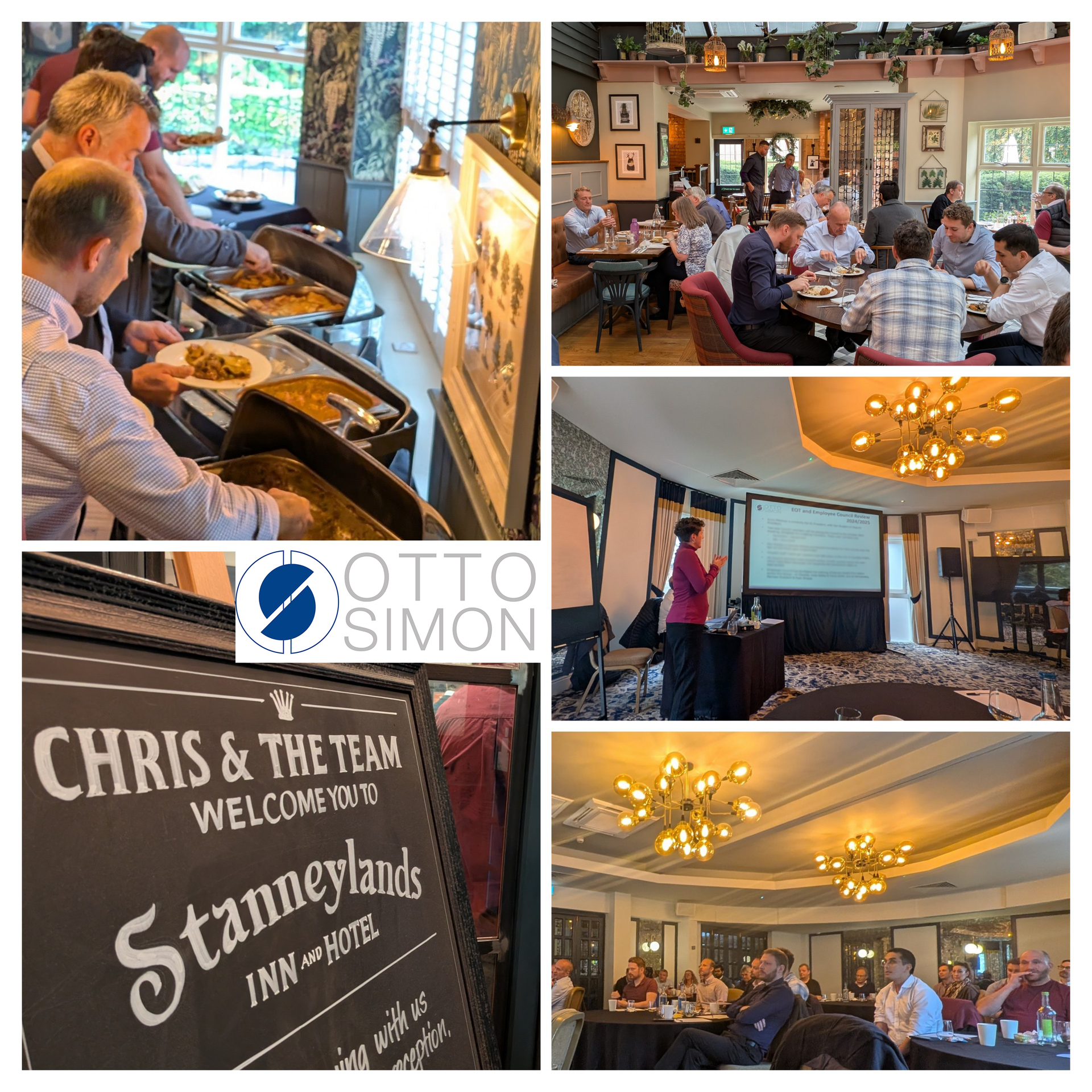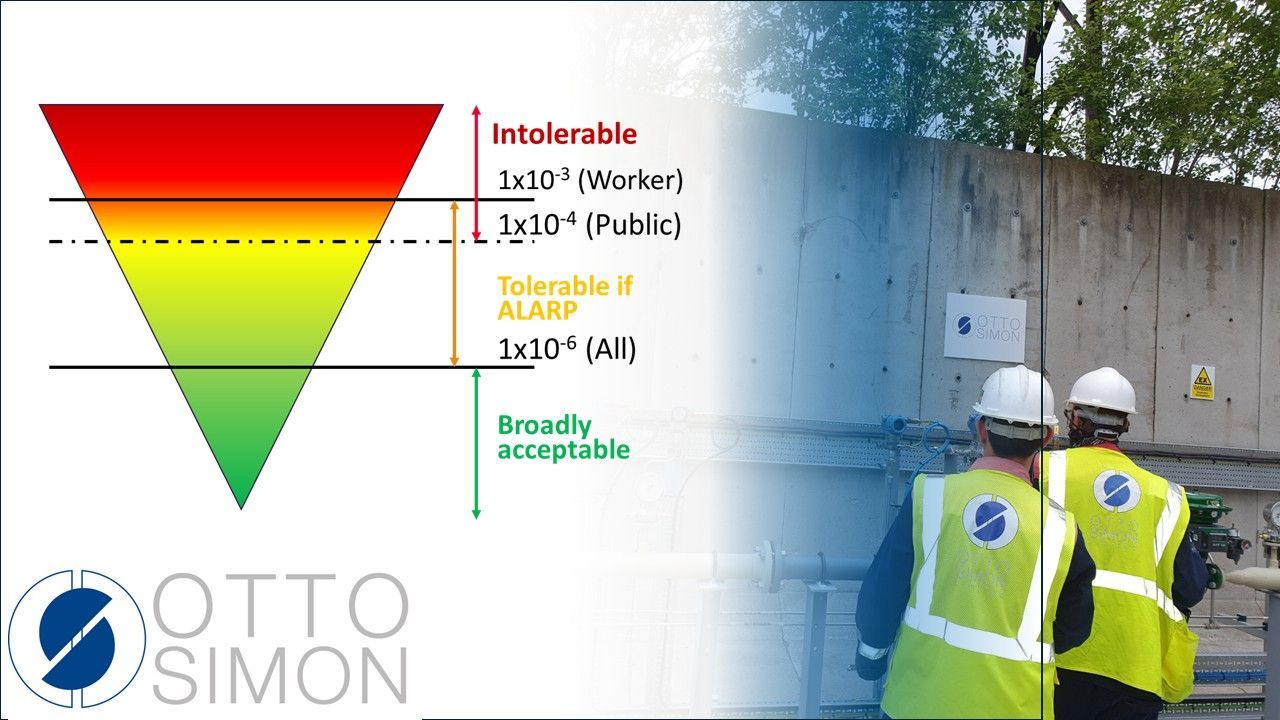Go Green Gas
Otto Simon Ltd • December 5, 2016
Otto Simon is working with Advanced Plasma Power to develop a BioSNG technology
Otto Simon is working with Advanced Plasma Power to develop a BioSNG technology that has the potential to use waste to generate 100TWh of bio-synthetic natural gas each year if deployed nationwide.
BioSNG can be used in existing appliances, such as boilers and cookers, as well as for transport and represents a potential for decarbonising the energy system. Whilst the power generation sector has made huge progress towards decarbonisation in recent years, decarbonising heat and transport – worth 74% of energy usage – has proved a more stubborn challenge, and is an established government priority.
This pioneering technology, which has the potential meet one third of the UK’s domestic heat requirements, has been proven in a pilot plant developed by National Grid, Advanced Plasma Power and Progressive Energy. Otto Simon is now working with the team to design and construct the commercial scale demonstration plant in Swindon. Set to begin operation in 2018, the plant will convert 10,000 tonnes of waste from the local area into 22GWh of BioSNG, enough to heat 1,500 homes or fuel 75 trucks. Utilising this waste, which would otherwise be sent to landfill, will help to reduce emissions of harmful greenhouse gasses by 5,000 tonnes per annum.
Speaking at the GoGreenGas launch event last week - which hosted more than 100 guests, including representative from project partners, associated industries and MPs - Rolf Stein, CEO of Advanced Plasma Power said that APP is “delighted to be commencing construction of the world’s first commercial gasification plant to produce green gas from household waste. As our technology matures we will be able to convert waste into fuels cost competitively with fossil fuels, helping to achieve an affordable, secure and sustainable low carbon future.”
The £25m facility has been part funded by an £11m grant from the Department for Transport’s Advance Biofuels competition, as well as Ofgem’s Network Innovation Competition and project partners. Transport Minister John Hayes said that “Biofuels have an important role to play in keeping Britain moving and will deliver cleaner, greener fuels. Thanks to our £11 million investment this Swindon plant will help make significant carbon savings and deliver a boost to the technology. Advanced biofuels have the potential to save at least 60% of the greenhouse gas emissions from the equivalent fossil fuel – and Advanced Plasma Power are at the forefront of this pioneering technology.”
Back to Blog

 Show More
Show More
Recent Blog Posts

Well, another year is winding down, and what a year it’s been! Here at Otto Simon, we decided to celebrate all the hard work and dedication of our fantastic team with an evening of festive fun, delicious food, and a touch of wanderlust! A huge, heartfelt thank you goes out to Anna for orchestrating what was a truly splendid Christmas gathering. From the atmospheric lighting to the perfectly planned tapas, Anna, you outdid yourself. Our merry band descended upon Trunk Lounge in Bramhall, and it was fantastic to see such a great turnout, proving that even after a busy year, we still love spending time together! Now, every good story has a new chapter, and for one of our own, that chapter involves packing a very large suitcase! We had the pleasure of raising a glass (or several!) to Chris and his partner Lydia, who are embarking on an incredible year-long adventure, travelling the globe, we are not jealous at all. From all of us at Otto Simon, we wish Chris and Lydia the very best of luck on their incredible journey. We are all sure looking forward to reliving your amazing memories with you upon your return. We would like to end the year with sincere thanks to our Clients, Partners and Staff for all their efforts over the past year and are looking forward to another busy and rewarding year in 2026. Here's to a wonderful Christmas break for everyone, and a prosperous, exciting New Year!

This year we celebrated our year of successes and lessons learnt at the Stanneylands, Wilmslow. Topics included how we have streamlined our, reducing business overheads and making our collaboration more efficient. Specific attention was paid to the successes of the projects we have delivered over the last year and the consolidation of the team into our new headquarters. Ferrostatics proudly shared their highest year of revenue and strong performance, with a promising year to follow. We have also reviewed key team changes, including the expansion of the engineering team and restructuring of our Sales team. We look ahead to 2026 with confidence, fresh focus and further passion to deliver leading engineering expertise and customer service!

